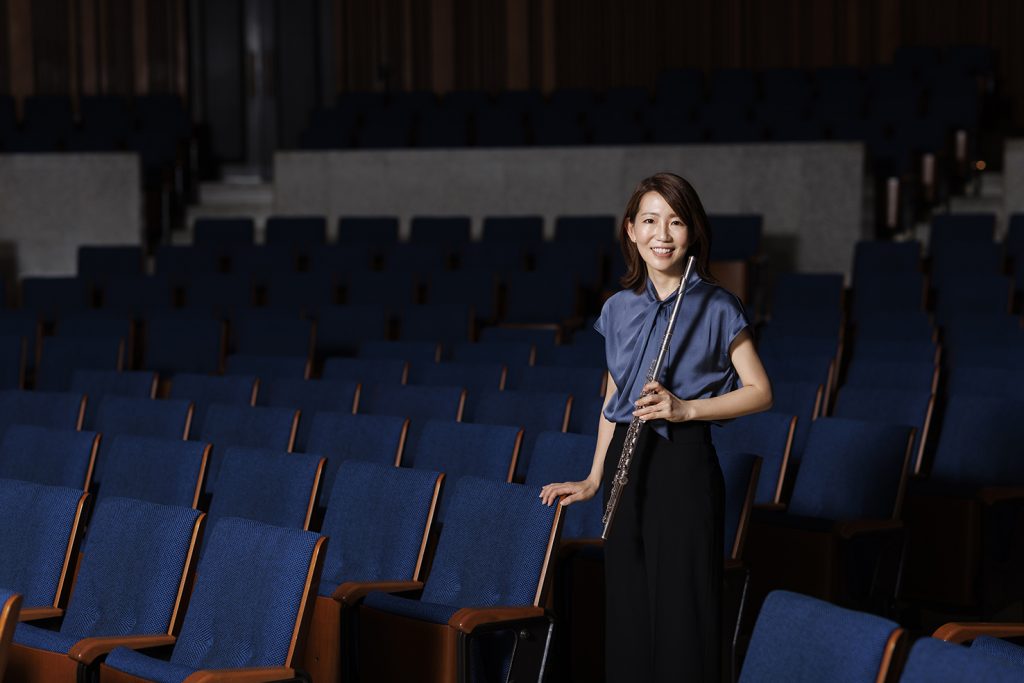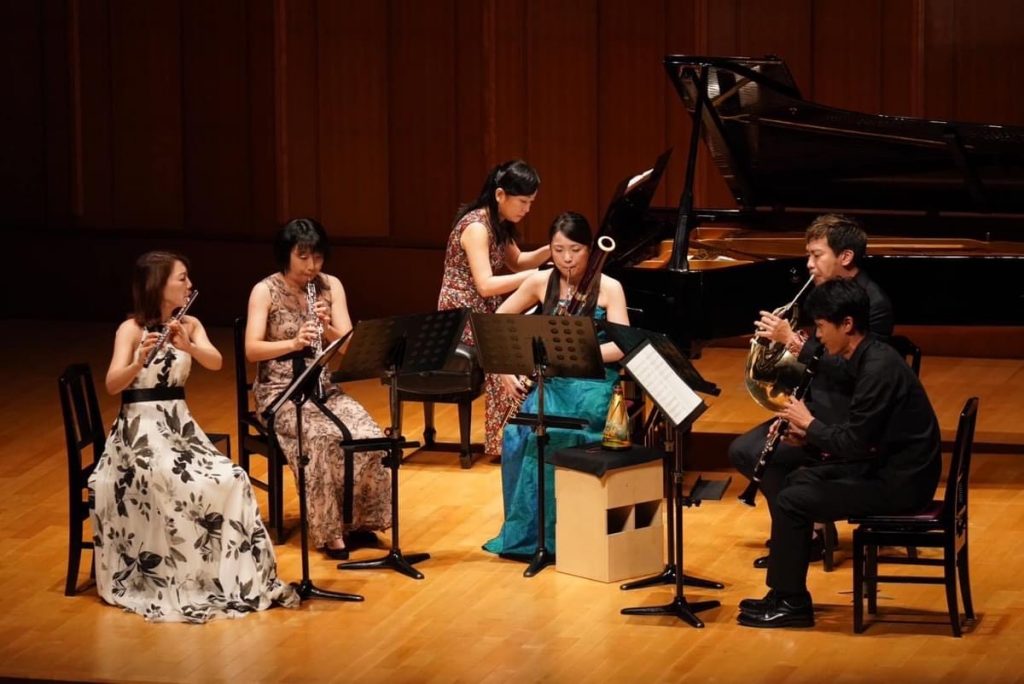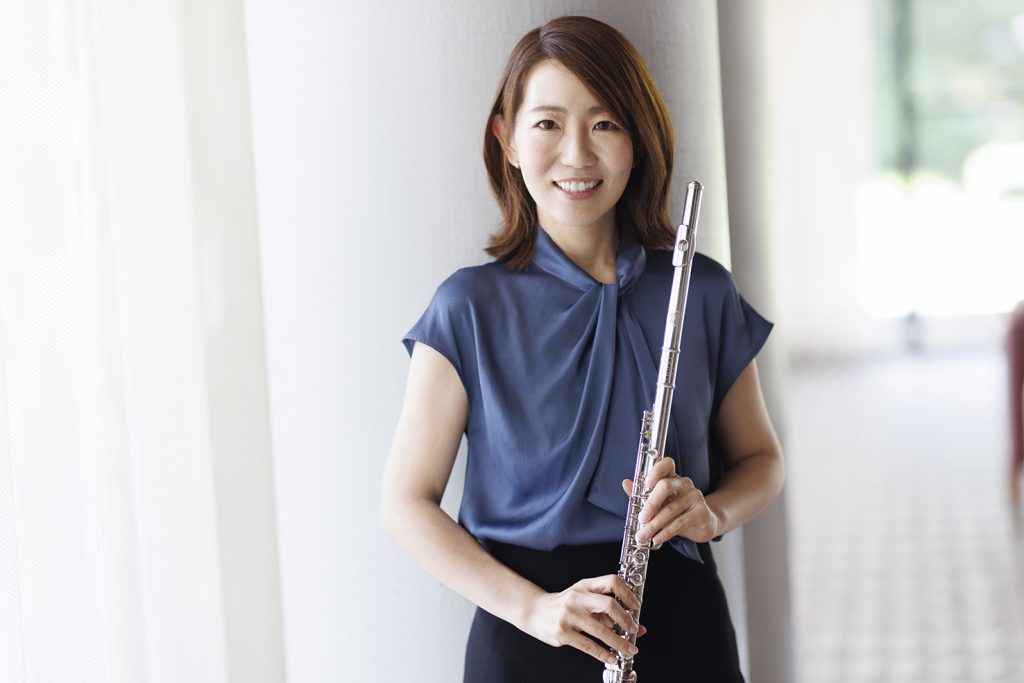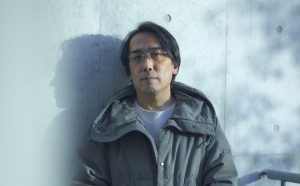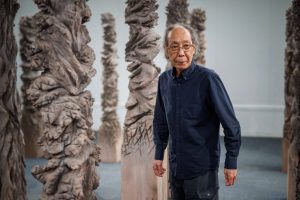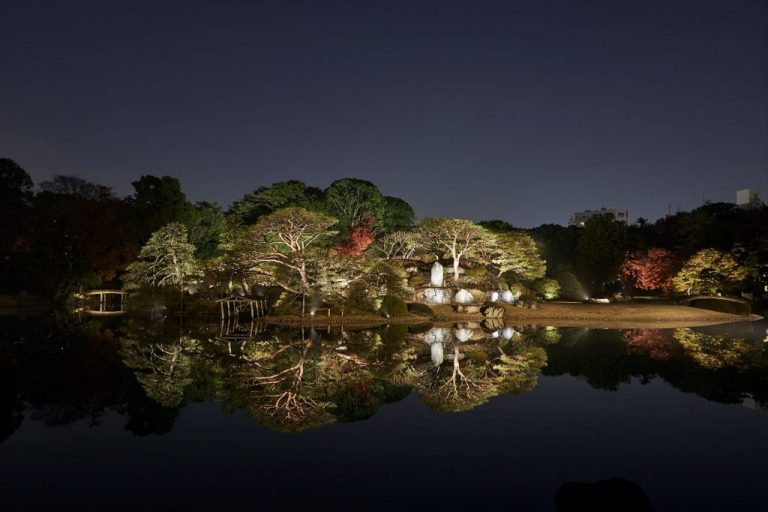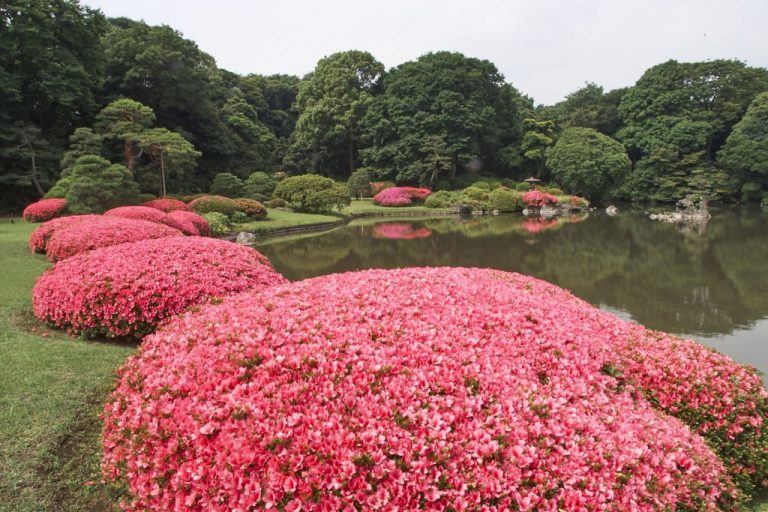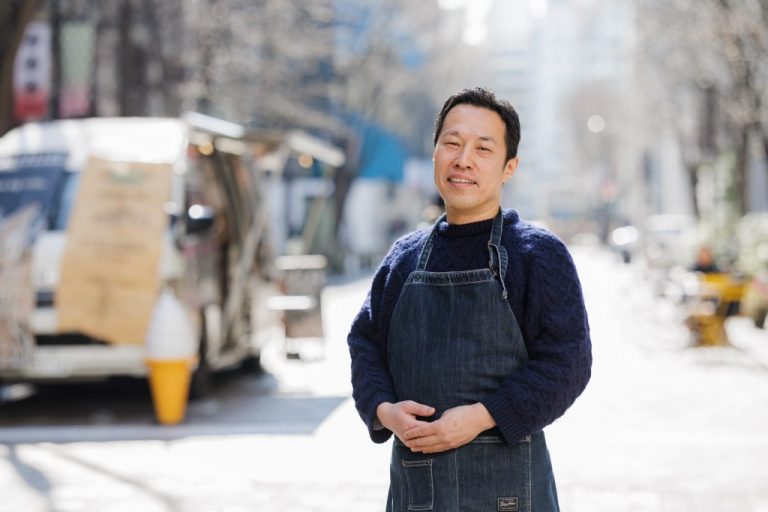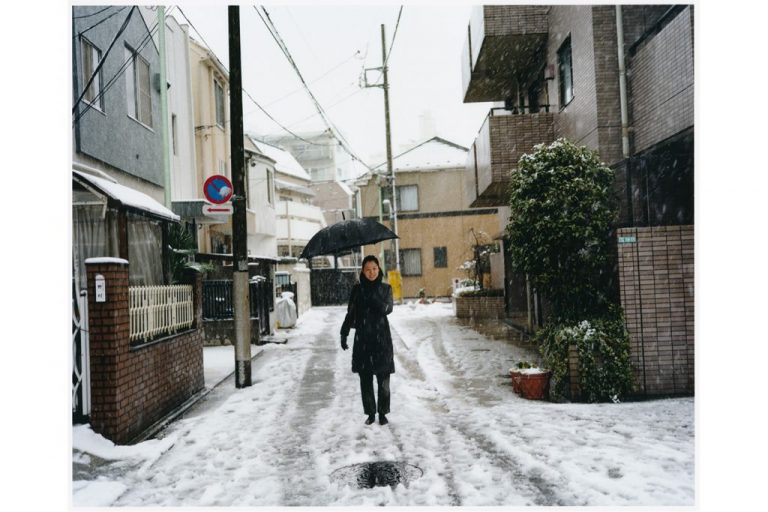──You’ve released numerous albums so far. Your debut CD with Octavia Records in 2000 was a simultaneous release of two albums.
Ueno Yes, one was Opera Fantasy, a collection of flute fantasies inspired by famous operas, and the other was Garak — Isang Yun Flute Works, featuring pieces by a 20th-century Korean composer. I want to perform across eras, from Baroque to contemporary, without boundaries. For each era’s works, I aim to engage sincerely with the composers through my performance. Releasing both albums simultaneously allowed me to realize that vision.
──Could you tell us about your motivation and inspiration for actively engaging with contemporary music?
Ueno My first real encounter with contemporary music was in high school. I listened to a piece by Isang Yun, which I later included in my debut album. It opened my eyes to a world beyond tonality and rhythm, and I was struck by how deeply it could express human emotions. Isang Yun, an Asian composer, created music for Western instruments. As a Japanese musician studying Western music, I found I could relate to the underlying critical awareness in his work. Since then, I’ve frequently performed Isang Yun’s pieces, and my master’s thesis focused on his compositional techniques.
Isang Yun was a Korean composer who worked in Germany. However, he was accused of espionage, imprisoned, and at one point even sentenced to death. Prominent musicians launched a petition campaign for his release, and he was eventually freed, marking a powerful chapter in his past. There’s a sense of profound struggle that seeps into his works—a kind of expression that feels as though it’s bleeding from the heart.
──It sounds like discovering Isang Yun’s music was a major turning point for you.
Ueno Absolutely. Studying and performing his music eventually led me to meet Toshio Hosokawa, a Japanese composer in 2013. He had studied under Isang Yun in Berlin. Meeting Mr. Hosokawa, the world-renowned composer became another significant milestone in my life. I had already performed his piece Sen I as part of the Tokyo Opera City’s recital series “B to C” (From Bach to Contemporary Music), and afterward, he invited me to participate in contemporary music events like the Takefu International Music Festival and the Suntory Hall Summer Festival. I began performing his compositions frequently. I was very grateful when he gave me the encouraging words, “I hope you will definitely perform contemporary works in the future.”


